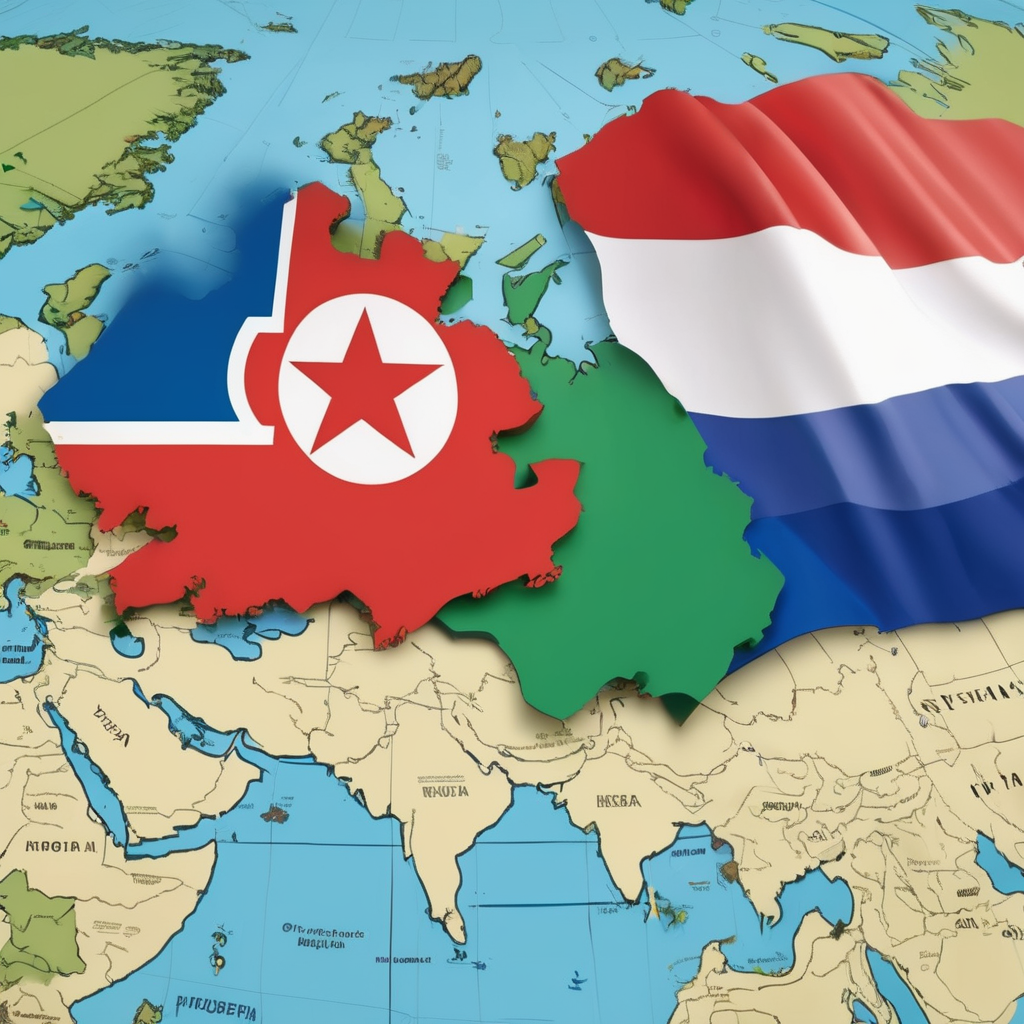North Korea’s Foreign Minister Choe Son Hui visited the Kremlin on Monday for discussions with Russian President Vladimir Putin, marking a significant moment in the growing relationship between the two countries. This meeting follows a prior engagement between their leaders last month and coincides with U.S. President Donald Trump’s visit to Asia.
During her meeting with Putin, Choe expressed North Korea’s resolute backing for Russia regarding the ongoing conflict in Ukraine, as reported by North Korean state media. Recent months have seen North Korea send approximately 15,000 troops and substantial military supplies, including artillery and ballistic missiles, to support Russia’s military efforts. This development reflects an evolving partnership aimed at establishing a unified front against the West, led by the United States.
The discussions at the Kremlin began with Putin sending his best regards to Kim Jong Un, reflecting the cordial rapport established between the leaders during a recent meeting in Beijing. Choe also met with Russian Foreign Minister Sergey Lavrov, who praised North Korean troops for their role alongside Russian forces, particularly in the Kursk region during a Ukrainian incursion. Lavrov emphasized that these collaborative efforts would enhance the friendship and historical unity of both nations in their shared pursuit of justice.
Choe highlighted the “considerable progress” in bilateral relations and affirmed North Korea’s support for Russia’s security measures aimed at resolving the conflict with Ukraine. Russian officials conveyed their support for North Korea’s right to defend its sovereignty and security interests. Both nations agreed to enhance high-level exchanges and coordination on significant mutual issues, showcasing a deepening alignment in their diplomatic endeavors.
The backdrop to this renewed partnership is North Korea’s shifting strategy under Kim Jong Un, who is increasingly focused on enhancing the military’s capabilities, especially since the collapse of diplomacy with the U.S. in 2019 over disagreements related to economic sanctions. Last month, Kim remarked that he might reconsider diplomatic talks if the U.S. reevaluates its denuclearization demands.
This growing closeness between North Korea and Russia signals a significant geopolitical shift, with both taking more assertive stances on the global stage while embracing their historical ties. The strengthening of this alliance may lead to further strategic developments and poses new challenges in managing tensions in the region.
